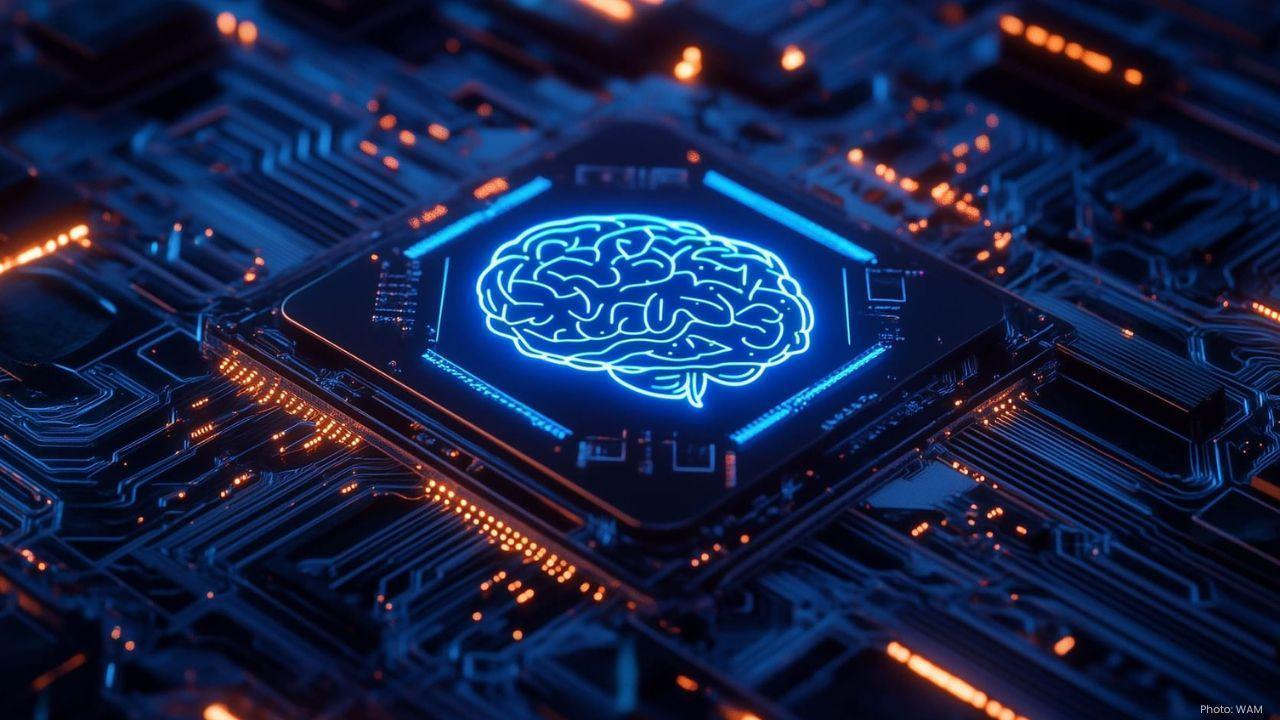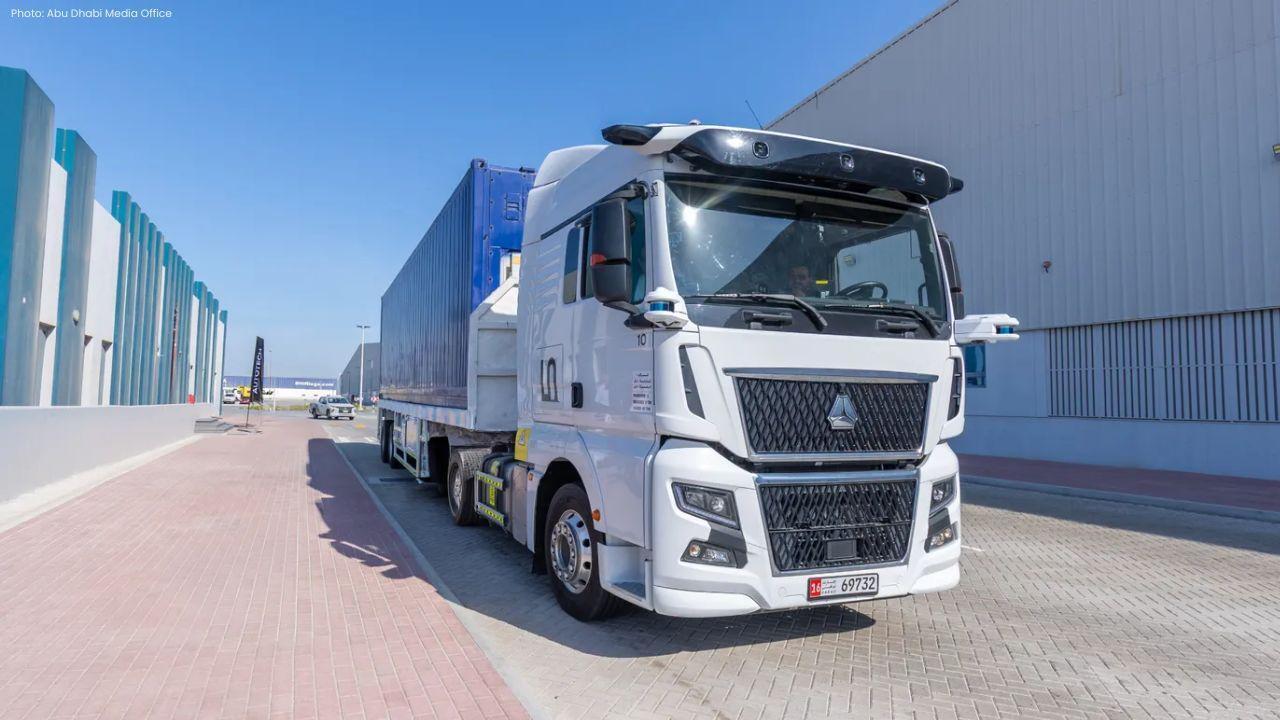
Post by : Mariam Al-Faris
Europe has officially launched its fastest and most powerful supercomputer called Jupiter. The grand opening took place on Friday in Germany. Experts and officials hope that this new machine will help Europe in many important areas. These include climate research, scientific discoveries, and especially in the fast-growing field of artificial intelligence (AI).
Location Of The Supercomputer
Jupiter has been installed at the Juelich Supercomputing Centre in western Germany. This facility is one of Europe’s most advanced research centres. The new computer is not just any ordinary machine—it is Europe’s first “exascale” supercomputer. That means it can perform more than one quintillion calculations every single second. To explain simply, a quintillion is one billion billion. This makes Jupiter an incredible leap in Europe’s technological capacity.
Size And Infrastructure Of Jupiter
The supercomputer is massive in both size and power. It is housed in a building that covers 3,600 square metres, which is about 38,000 square feet. To help people understand, that is roughly half the size of a standard football pitch. Inside, the centre is filled with rows and rows of large racks containing processors. Jupiter is powered by about 24,000 Nvidia chips, the same type of chips that are widely used in the AI industry because of their unmatched processing strength.
Cost And Funding Of The Project
Building and running Jupiter is a very expensive project. The total cost is estimated at 500 million euros (about 580 million US dollars). This amount will cover both its development and its operation over the coming years. The cost has been shared equally between the European Union and the German government, each paying half of the required funds. This joint funding shows how important Europe considers this supercomputer for its future.
Purpose And Accessibility
The power of Jupiter will not remain locked away. Researchers and companies across Europe will have access to its computing capacity. It will be used in many different areas. For example, scientists working on climate change research can run huge models and simulations to predict global warming effects. Companies can also use Jupiter for training AI models. In simple terms, this means feeding large amounts of data into AI systems to make them smarter and more efficient.
Leap Forward In Computing
According to Thomas Lippert, the head of the Juelich centre, Jupiter is a “leap forward” in Europe’s computing performance. He explained that the machine is about 20 times more powerful than any other computer currently available in Germany. This extraordinary speed and power will allow researchers to handle projects that were previously impossible.
AI Development In Europe
One of the most important uses of Jupiter is in the field of artificial intelligence. Europe has often been considered behind the United States and China in AI research and development. However, with Jupiter now in place, Europe will be able to train advanced AI models locally and on a scale that matches international competitors. Lippert mentioned that this is the first time Europe has a computer powerful enough to be internationally competitive for AI training.
Importance For Climate Research
Apart from AI, climate research will also benefit greatly from Jupiter’s power. Climate scientists need to run extremely detailed simulations to understand how the Earth’s climate will change in the coming years. These simulations require massive computing power because they include billions of pieces of data, such as air temperatures, ocean currents, greenhouse gas emissions, and more. With Jupiter, Europe’s climate scientists can create much more accurate models, which will help in making better policies to fight climate change.
Strengthening Europe’s Position Globally
By building Jupiter, Europe has taken a major step in catching up with other global powers in computing and AI. The United States and China have long been leaders in building powerful supercomputers. Now, Europe has entered this elite group by creating an exascale machine of its own. This move will give Europe stronger independence in technology and reduce reliance on foreign systems.
Nvidia Chips And AI Advantage
The use of 24,000 Nvidia chips is also very important. Nvidia is the world’s leading producer of processors used in artificial intelligence. By equipping Jupiter with these chips, Europe ensures that the machine is not only fast but also well-suited for AI tasks. This makes Jupiter both a scientific and an industrial resource. Researchers, universities, and private companies alike can benefit from its capabilities.
Future Opportunities With Jupiter
Jupiter is expected to remain one of the most advanced computers in the world for several years. Its applications are not limited to AI and climate. It can also be used in areas such as medical research, physics, astronomy, chemistry, and engineering. For instance, scientists might use it to design new medicines, simulate space exploration missions, or develop advanced materials for industry.
Europe’s Investment In Technology
The large investment of 500 million euros shows that Europe is serious about becoming a world leader in advanced technology. By funding such a large-scale project, the European Union and Germany are giving a strong signal that technology and research are priorities for the continent’s future. The launch of Jupiter also represents an important achievement in European cooperation, as the machine will serve not just one country but the entire region.
A New Era For European Computing
The launch of Jupiter marks the beginning of a new era for Europe in the field of supercomputing. It will strengthen Europe’s position in AI, climate research, and many other fields. With its incredible speed, massive size, and advanced processors, Jupiter is more than just a computer—it is a symbol of Europe’s determination to lead in science and technology. The hope is that Jupiter will not only close the gap with other world powers but also open new doors of discovery for the future.










UAE Rejects Sudan Conflict Allegations at UN Human Rights Council
Emirati diplomat issues Right of Reply in Geneva dismissing accusations and urging accountability fo

NCM issues fog and low visibility warning in UAE
National Centre of Meteorology warns of fog and reduced visibility in coastal and internal areas, ur

UAE expresses full solidarity with Kuwait over maritime rights
UAE expresses full solidarity with Kuwait and urges Iraq to resolve maritime concerns through intern

Dubai Parks to Offer Free Medical Tests During Ramadan
Free health screening buses will provide eye, blood pressure and glucose tests across major Dubai pa

T20 World Cup India Prepare to Crack Spin Test in Super Eight
Bowling coach Morne Morkel confident Indian batters will regain rhythm against spinners as Super Eig

Alcaraz Survives Six Match Points to Reach Qatar Final
World No.1 Carlos Alcaraz defeated defending champion Andrey Rublev in a tense semifinal, saving six